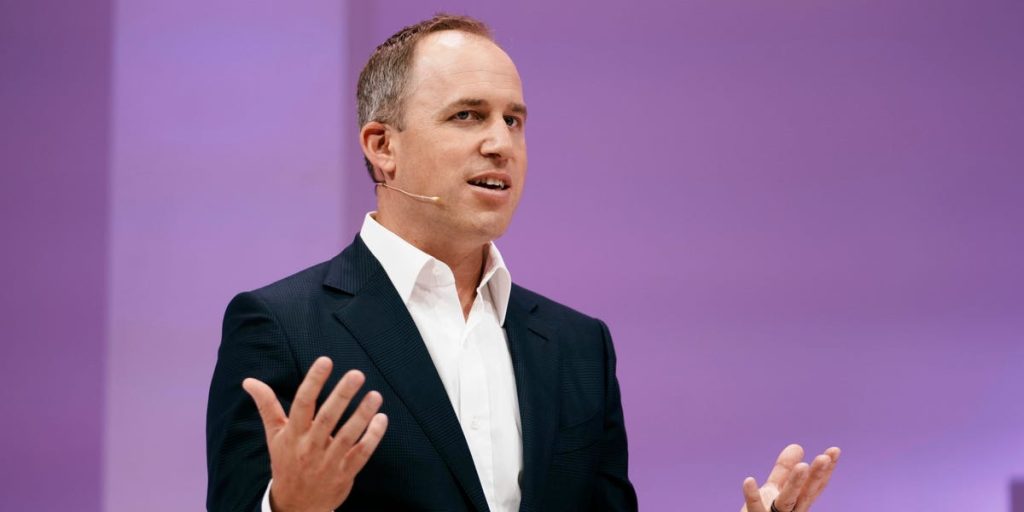Within the AI boom — or bubble, as Sam Altman called it at a recent dinner — there will be winners and losers. Some will likely soar like Amazon did out of the dot-com days; others may flounder like Pets.com.
In the late 1990s, the stock market reached new heights, propelled by the rise of digital-first companies. The dot-com bubble eventually burst, sending companies like Webvan and eToys.com into bankruptcy. That era also spawned some of the tech mammoths we still use today, like Amazon and eBay.
OpenAI chairman Bret Taylor thinks that era and the AI boom have a lot in common. On the “ACQ2” podcast, he said that the dot-com boom is often remembered only for the companies left in the rubble after the bubble burst.
“If you say dot-com, people come back with failures,” Taylor said. “If you look at the S&P 500 now and you look at the amount of value from companies created in that, one could argue that actually almost all of the exuberance and hype was totally warranted.”
25 years later, some of the “magnificent seven” tech stocks can be traced back to that time period. Amazon went public in 1997 and weathered the dot-com bust; Google was founded during the boom, but didn’t go public until after. Some mark Microsoft’s 2001 antitrust ruling as the top of the bubble.
“It, in fact, did change commerce in fundamental ways,” Taylor said. “It did change the financial system in fundamental ways. It changed everything.”
AI has been buoying the market in a similar way. VCs are pouring billions into AI startups, and Big Tech is investing tens of billions into AI infrastructure, talent, and related capex. In July, Nvidia became the first company to hit a $4 trillion market cap on the back of AI companies’ demand for its GPUs. Morgan Stanley recently predicted that AI productivity gains could lead the S&P 500 to gain up to $16 trillion.
The market fervor has led some skeptics to call AI a bubble — and compare it to the dot-com era before it. Tech guru Erik Gordon told BI that “more investors will suffer than suffered in the dot-com crash, and their suffering will be more painful.”
Altman himself compared AI to a bubble at a recent dinner attended by reporters.
“When bubbles happen, smart people get overexcited about a kernel of truth,” Altman said, according to The Verge. “Are we in a phase where investors as a whole are overexcited about AI? My opinion is yes. Is AI the most important thing to happen in a very long time? My opinion is also yes.”
Related stories
“Someone is going to lose a phenomenal amount of money,” Altman reportedly said in reference to AI startups comprising “three people and an idea” that receive massive investments. “We don’t know who, and a lot of people are going to make a phenomenal amount of money. My personal belief, although I may turn out to be wrong, is that, on the whole, this would be a huge net win for the economy.”
Taylor takes a similarly positive spin on the bubble question, comparing it to the dot-com boom. He referenced jokes about the word “agentic” being overused.
“You have a lot of snake oil,” he said.
But there are also real, sustainable companies that Taylor predicts will stick around. Unsurprisingly, he pointed to the seismic growth of ChatGPT, which sported 100 million users just over two months after its app launch and remains dominant on the App Store.
Taylor also pointed to AI software companies that serve the B2B market, like Lovable, a vibe coding platform for creating apps and websites.
“I think there’s very real value being created here,” he said.


